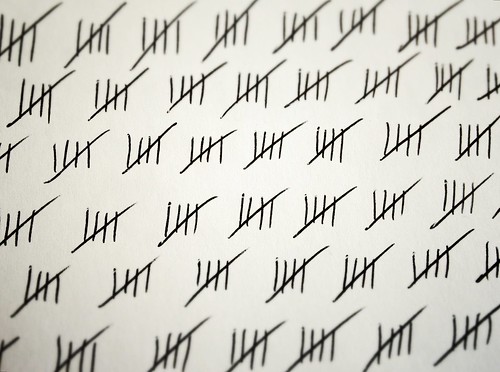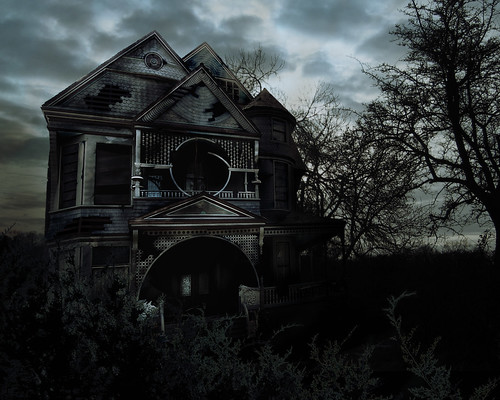
Station Eleven by Emily St. John Mandel
My rating: 5 of 5 stars
Emily St. John Mandel’s novel is about an apocalypse, I guess. Actually, it’s really more about art, and about what truly matters in life, even when life is stripped down to—essentially—bare survival. In that way, Station Eleven ends up being far more hopeful and beautiful than most novels that take place after or during civilization-ending catastrophes.
There are lots of overlapping elements in play, and it’s impressive to see it take shape. This is sort of the novel I read and realize it was something I wanted but never would have been able to describe or guess was an unscratched itch. It helps that Mandel realizes this ground has been trod before and doesn’t necessarily shy away from the obvious comparisons (The Road, The Stand, Hunger Games, etc) and therefore isn’t defined by trying to either mimic or distance from those stories.
I did think the book was a bit slow to get started; the cast is connected by a series of loose coincidences and the book follows a non-linear path so at first it’s hard to reconcile the on-stage death of an actor, the photographer who gets wind of a breaking pandemic, the girl onstage during the heart attack who grows up into a traveling Shakespearean performer after the collapse of society, the actor’s second ex-wife who works endlessly on a personal graphic novel project—and so on—with, well, much of anything. But as the characters are filled in and revealed, as the events or happenstances both big and small that unite them and link them to each other become clear, the pacing starts to make sense. By the halfway point I was all the way into the world of the book, and scarcely put it down from that point until I had finished.
There is nothing, I don’t think, about the progression of the book’s plot that is particularly remarkable. If tracked chronologically, the chapters would tell snippets of stories from various viewpoints about life before, during, and after the end of the world as we know it. The way the book is structured though allows its themes to play off of each other, and allows for Mandel to specifically leave some elements here unresolved in a way that is actually—almost paradoxically—satisfying.
It’s a smart, thoughtful, curiously delightful book that has just the right elements of darkness and triumph and beauty and ugliness. Really wonderful work, and highly recommended.
View all my reviews



